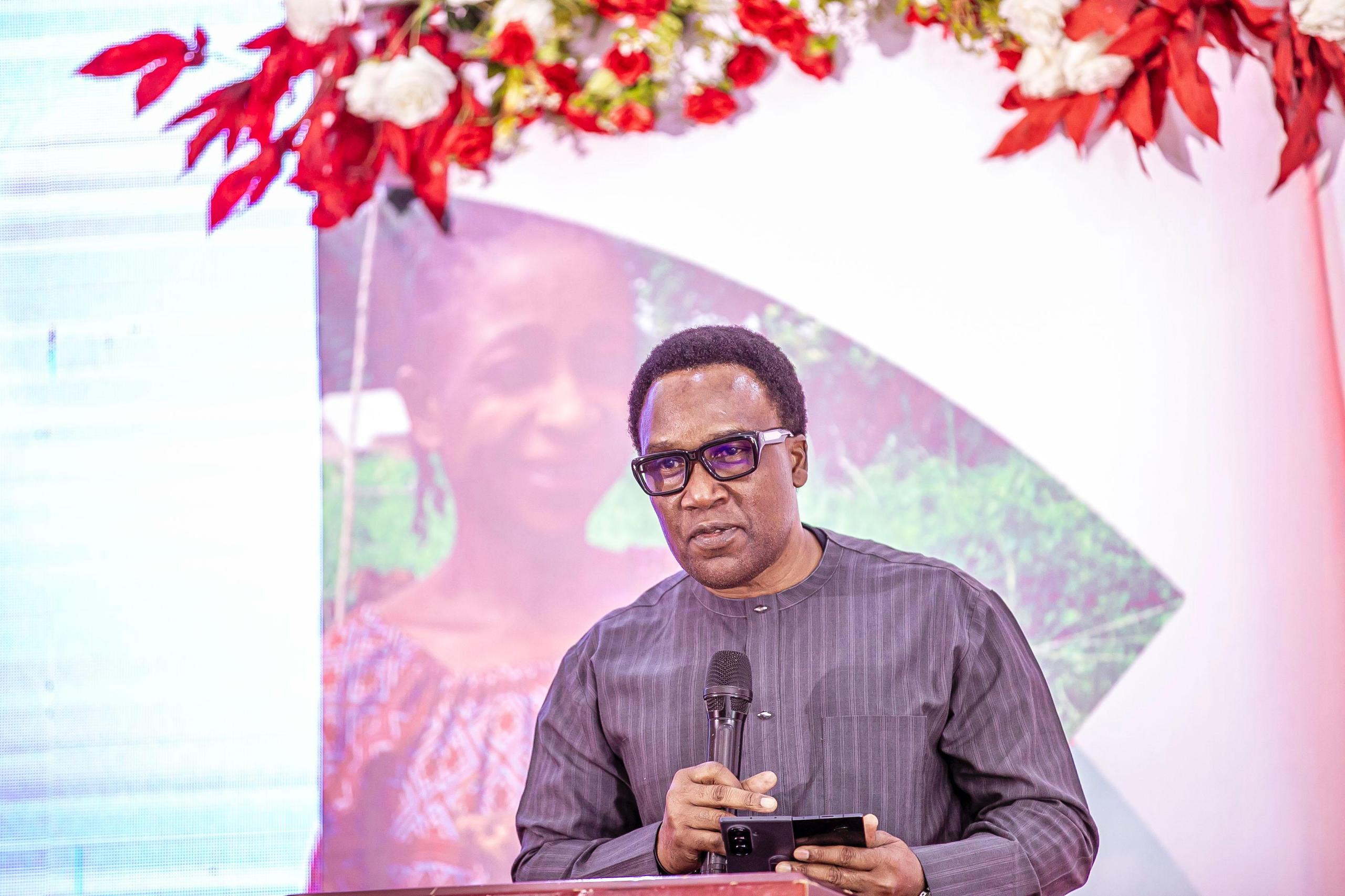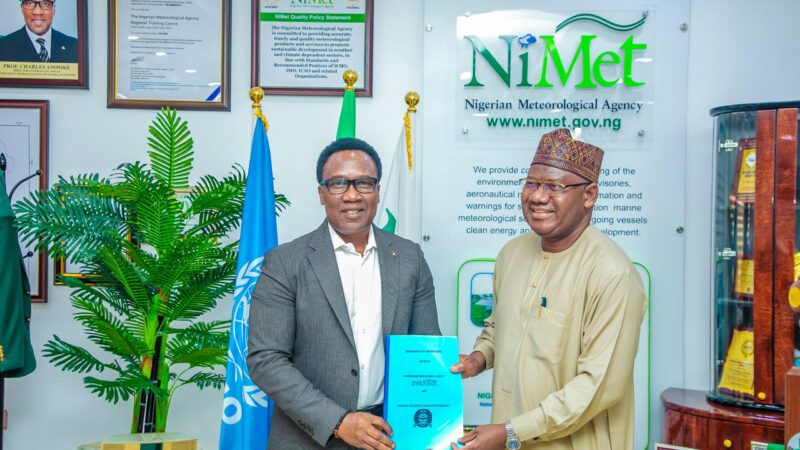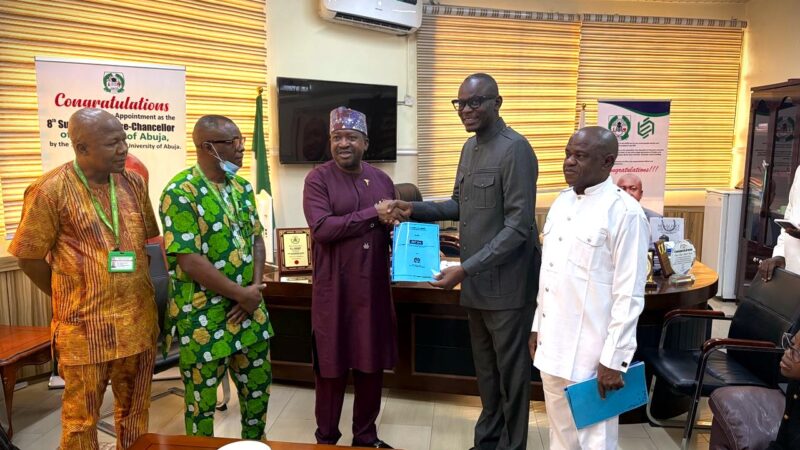NiMet Reaffirms Commitment to Climate–Nutrition Partnership as GAIN Concludes SNIPS Project

The Nigerian Meteorological Agency (NiMet) has reaffirmed its commitment to advancing climate-smart agriculture and improving nutrition outcomes in Nigeria, as the Global Alliance for Improved Nutrition (GAIN) formally closed out its Strengthening Nutrition in Priority Staples (SNIPS) Project.
The event marked the successful conclusion of a multi-year collaboration aimed at boosting food security, resilience and nutritional quality across selected states.
Speaking at the ceremony, the Director General and Chief Executive Officer of NiMet, and Permanent Representative of Nigeria with the World Meteorological Organization (WMO), Professor Charles Anosike, commended GAIN and its development partners for their dedication to transforming Nigeria’s food systems.
He described the SNIPS initiative as “a testament to what can be achieved when we unite expertise, resources and passion for a common goal.”
Professor Anosike underscored the rising influence of climate variability on Nigeria’s agricultural productivity, citing erratic rainfall patterns, prolonged dry spells and other extreme weather events as key challenges undermining both crop yields and nutritional value.
He emphasised NiMet’s statutory responsibility to deliver accurate weather and climate information, enabling farmers to make informed decisions on planting, harvesting and crop protection.
“This supports higher yields, reduces losses and ensures that the staples reaching Nigerian households are both abundant and nutritious,” he said, noting that climate information services have become indispensable to national food security planning.
Highlighting the accomplishments of the SNIPS project, the DG pointed to its success in integrating nutrition-sensitive agriculture with climate-smart practices across Benue, Kaduna, Nasarawa and Oyo States.
He praised GAIN for prioritising the involvement of women and young people, explaining that building the capacity of these groups through training, improved decision-making roles and enhanced access to livelihood opportunities strengthens overall food system resilience.
Professor Anosike stressed that long-term progress in food and nutrition security depends heavily on sustained collaboration among government institutions, development partners and the private sector.
He reaffirmed NiMet’s readiness to deepen such partnerships, particularly in areas involving early-warning systems, farmer education and the promotion of innovative climate-smart solutions.
“As we celebrate the achievements of SNIPS, let us also look to the future. Your dedication is shaping a healthier, more food-secure Nigeria. NiMet stands ready to collaborate as we move forward together,” he concluded.







